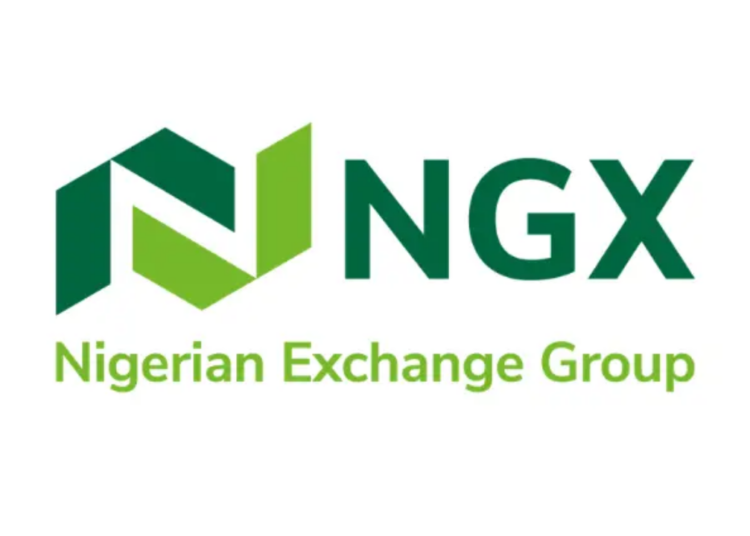With anticipation of a risk-based capitalisation exercise expected to commence in the insurance industry in the current year, Coronation Insurance Plc is set to delist from the capital market as its board of directors has agreed to pay off the company’s minority shareholders.
The National Insurance Commission (NAICOM) is already mooting the idea of risk-based capital following successful implementation of Risk-based Supervision(RBS) that precedes the recapitalisation exercise.
Hence, this development would de-emphasise uniform capitalisation as each company will have to be liquid in accordance with its risk appetite. While some insurers may need to up their capitalisation in this exercise, some might not necessarily need it. However, Coronation Insurance felt it needed to, so as to be a big player post-recapitalisation, hence, will have to delist from the Nigerian Stock Exchange(NGX) to be able to do so.
At a Court-ordered meeting held recently in Lagos, the company’s chairman, Mr. Mutiu Sunmonu, on behalf of the company, said the proposal is an offer from core shareholders to acquire the shares held by other shareholders, except those who opt to remain as shareholders of Coronation Insurance Plc, with each shareholder receiving 65 kobo as consideration for every share transferred.
Starting with an initial offer of 65 kobo, even though, company’s share is valued at 50k per unit, the shareholders at the meeting requested an upward review of the offer price.
This request was granted by the company’s Board of Director as a final offer of 78 kobo per share, which represented a 20% increase over the initial offer of 65 kobo was communicated and accepted by shareholders.
By this development, Coronation Insurance Plc is expected to approach regulators, comprising of the Nigerian Stock Exchange (NGX), Securities and Exchange Commission (SEC), the National Insurance Commission (NAICOM), and Court to affirm this decision, and begin the process of delisting from the NGX to become a Limited company.
Addressing the over 600 shareholders who voted at the meeting, Sunmonu said, the Board of Directors took this decision in view of the anticipated recapitalisation exercise in the insurance industry, noting that the insurer will need to deploy significant capital, which is unlikely to be met by profit retention alone.
According to him, “the ability to raise capital through the public equity markets was considered and not favoured given current market conditions. It is also unclear if all shareholders will be willing and able to invest additional capital in the business.”
He added that, “few shareholders participated in the company’s rights issue in 2020, which was about 68 per cent subscribed, with 96 per cent of that coming from Coronation Capital (Mauritius) Limited and other related parties. As such, any new capital raise will result in significant dilution of equity stake of minority shareholders.
It will also be prudent for the company to save all generated profits which suggests that no significant dividends will be paid in the short to medium term.”
These reasons, he said, have resulted in extensive discussion around the optimal corporate structure for the company, considering its plans and capital requirements, adding that, pursuant to these discussions, the company received a proposal from Coronation Capital (Mauritius) Limited on behalf of itself, and other core shareholders, who collectively own 73.4 per cent of the share capital of the company to acquire the shares of other shareholders.
Stressing that the core shareholders expect that the transaction will position them to execute the necessary strategies to strengthen the company, he added that it will also allow the new investors to build a robust balance sheet and prepare the company to withstand macroeconomic headwinds.
Earlier, he had said, shareholders may opt to continue to hold their shares directly in Coronation Insurance and in their own name, where they hold a minimum of 20 million shares of the company.
While the public shareholders who spoke to our correspondent said, they would have loved to still have their holdings in the company, but that current economic realities and market dynamics do not show that desire to support the competitiveness and continued growth of the company. Consequently, they understood the circumstances the company is in now, and wish the insurer the best in its future endeavours.











